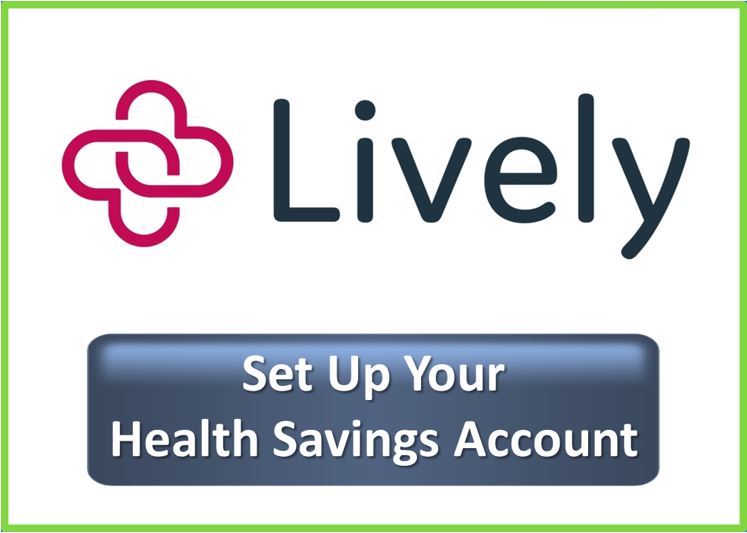When an individual turns 65 or is on Social Security Disability for 2 years, he or she is eligible for Medicare Part A (hospital insurance) and Part B (medical insurance). For most people, there’s no charge for Part A since they’ve paid for it during their working years through payroll deductions, but Part B has a monthly premium of $104 per month or more.
Because of the monthly premium, some employees who are eligible for both Medicare and a group health plan through the company they work for choose to postpone enrollment in Part B, reasoning that they don’t need it since they have employer-sponsored health coverage. And when the group health plan is primary, this assumption may be correct. When a company has 20 or more employees (or 100 or more employees for people qualifying for Medicare due to a disability), the group health plan pays first and Medicare pays second. There are certain rules that must be followed for these “Medicare Secondary Payer” groups which will be addressed in another blog post.
When a company has fewer than 20 employees, though, Medicare is primary for employees and dependents who have Medicare due to age. This means that Medicare pays first, and the group health plan acts as supplemental coverage, paying for the portion of the bill that Medicare doesn’t cover.
For example, let’s assume an employee of a company with 15 employees is signed up for both Medicare A & B and the group health plan. Normally, after a Medicare beneficiary has met his or her calendar-year deductible, Medicare Part B pays 80% of the allowable amount for covered services and the Medicare recipient pays the remaining 20%. When an employee of a small company has both Medicare and a group health plan, though, Medicare will still pay its 80% and the group insurer will pay the remaining 20% instead of the employee. That’s one good reason for a Medicare-eligible employee to sign up for Medicare Part B even if he or she is on the group health plan.
A better reason, though, is because, when Medicare is primary, insurance companies can and often do pay as if the employee or dependent has Medicare, whether or not they actually do. In other words, the insurance company can “carve out” the portion that Medicare Part B would be responsible for even if the employee isn’t enrolled in Part B.
So, if that employee of a company with 15 employees chooses to postpone Part B and then has a $5,000 claim for outpatient surgery, the insurance company might pay just $1,000, assuming that Medicare will pay the remaining $4,000. The fact that the employee doesn’t have Medicare won’t change the insurance company’s payment, and that means the member will be responsible for the $4,000 charge.
No, it doesn’t seem fair that an employee could pay the full premium but only receive part of the benefit, but unfortunately that’s the way the coordination of benefits works for small companies when Medicare is primary. For that reason, it’s a good idea for business owners to encourage Medicare-eligible employees and dependents to sign up for Medicare. They can still choose to enroll in the group plan if they’d like, and the company can’t pressure them not to, but, depending on their situation, it may also make sense for employees to consider their other options, like a Medicare Supplement or Medicare Advantage plan.
It is worth mentioning that not every insurance company pays claims for Medicare-eligible employees and dependents this way, but many of them do. Since small employers frequently change health plans at renewal time, and because insurance companies can update their contracts on an annual basis, it’s still good advice for employees and dependents age 65 and older to go ahead and sign up for Medicare if the company has fewer than 20 employees.
One final note: While insurance companies can “carve out” Part B benefits even if an employee isn’t signed up for Medicare, it cannot carve out Part A benefits. Medicare Part A covers things like inpatient hospitalization, skilled nursing facilities, home health care, and hospice.








